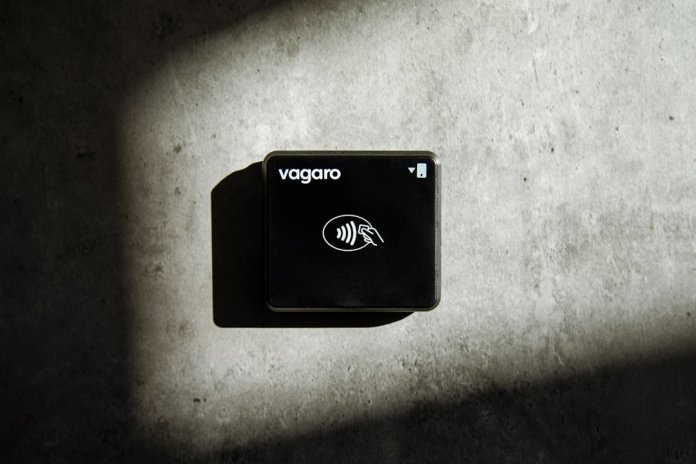A Virtual Private Network, or VPN, is a common tool used for online privacy and security. One of the core functions that makes a VPN effective is a concept known as a VPN tunnel. But what exactly is a VPN tunnel, and how does it work? Understanding this can help users make informed decisions when protecting their data on the internet.
What Is a VPN Tunnel?
A VPN tunnel is a secure connection between a device and a VPN server. This connection is encrypted, meaning that any data sent through it is protected from outside viewers, including hackers, internet service providers (ISPs), and even governments. By creating this encrypted “tunnel,” a VPN ensures that online activities stay private and protected from prying eyes.

When a user connects to a VPN, their internet traffic is rerouted through the VPN server via the tunnel. This not only hides the user’s original IP address but also encrypts the data packets being transferred. Think of it as mailing a letter in a sealed envelope instead of a postcard—only the intended receiver can read what’s inside.
How Does a VPN Tunnel Work?
The functioning of a VPN tunnel depends on several components and protocols. Here’s a breakdown of how it typically works:
- Establishing a connection: When the VPN client on the user’s device connects to a VPN server, a session is initiated.
- Tunneling protocol selection: A protocol like OpenVPN, IPSec, or WireGuard is used to define how data is encapsulated and encrypted.
- Data encryption: The raw data is encrypted before it leaves the user’s device, ensuring privacy and security.
- Routing through the VPN server: The encrypted data is sent through the tunnel to the VPN server, which decrypts it and forwards it to the internet.
- Return traffic: Response data from the internet follows the reverse path, being encrypted again before reaching the user.
Types of VPN Tunneling Protocols
VPN tunnels can use different protocols, each with its own advantages and disadvantages. Here are some of the most common ones:
- OpenVPN: A widely used open-source protocol known for its balance of speed and security.
- IPSec/IKEv2: Often used in mobile devices, offers strong encryption and good performance.
- WireGuard: A newer protocol that is lightweight and extremely fast, with modern cryptography.
- L2TP/IPSec: An older option with decent security, but it can be slower and more prone to being blocked by firewalls.

Benefits of Using a VPN Tunnel
A VPN tunnel offers several significant benefits, including:
- Privacy: It keeps browsing activity hidden from ISPs and potential cyber threats.
- Security: End-to-end encryption helps protect sensitive data, especially on public Wi-Fi networks.
- Bypassing restrictions: It allows access to region-locked content by masking the user’s IP address.
- Data integrity: Prevents data from being tampered with during transmission.
Potential Drawbacks
While VPN tunnels offer many advantages, they’re not without some downsides:
- Reduced speed: Encrypting and routing data can lead to slower internet speeds.
- Blocked VPNs: Some websites actively block known VPN traffic.
- Trust concerns: Users must trust the VPN provider to handle data appropriately.
Frequently Asked Questions (FAQ)
-
What is a VPN tunnel?
A VPN tunnel is an encrypted connection between your device and a VPN server, used to protect online data and privacy. -
Is a VPN tunnel secure?
Yes, when using strong encryption and reputable VPN providers, a VPN tunnel is highly secure. -
Can I be tracked when using a VPN tunnel?
It is significantly harder to track users through a VPN tunnel, but it’s not completely foolproof. Choosing a no-logs VPN provider enhances anonymity. -
Do VPN tunnels work on mobile devices?
Absolutely. VPN apps for Android and iOS allow mobile devices to use VPN tunnels just like desktop systems. -
Which VPN protocol is best?
It depends on your needs. For speed and security, WireGuard is excellent. For compatibility, OpenVPN remains a strong choice.
